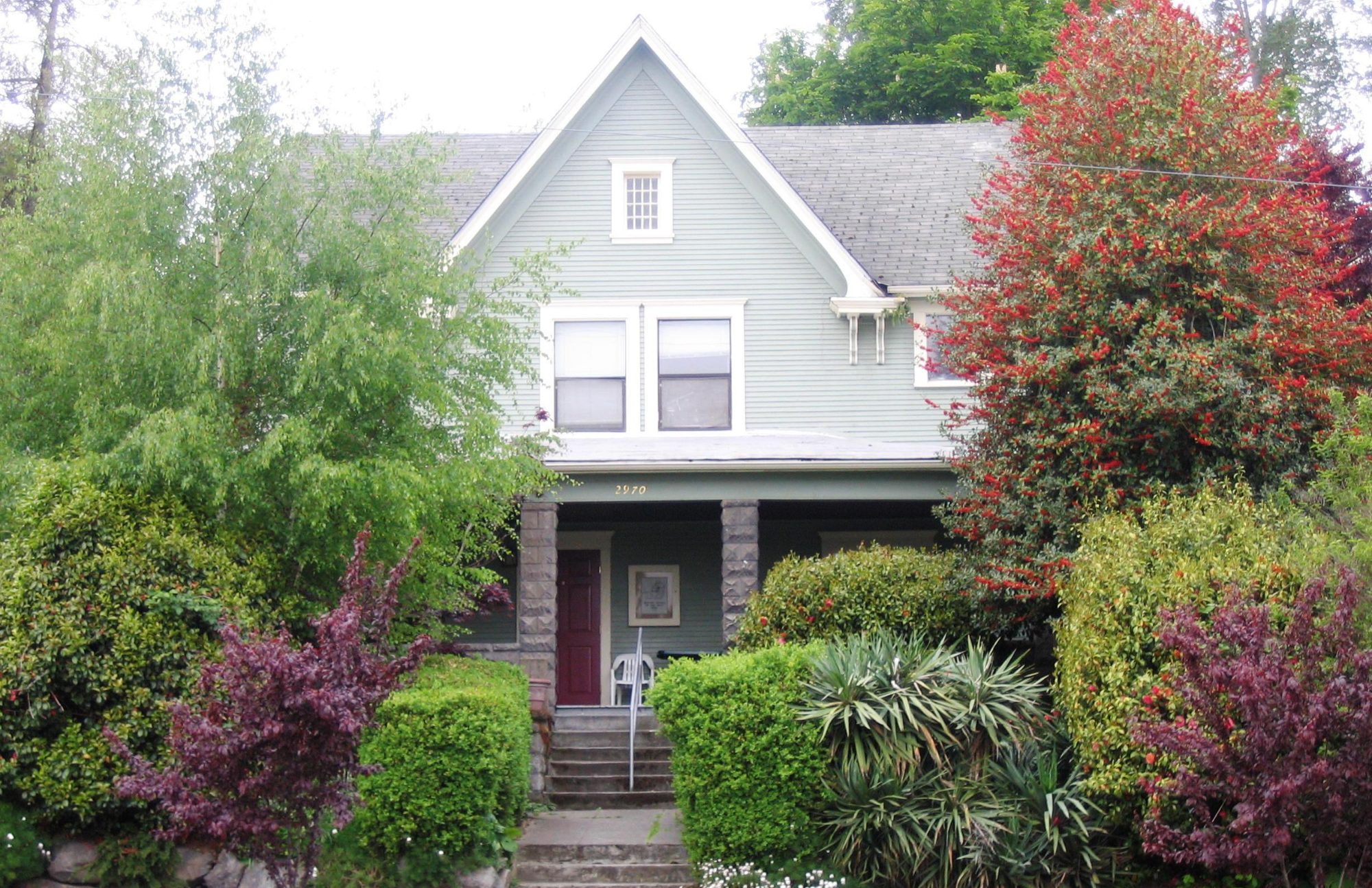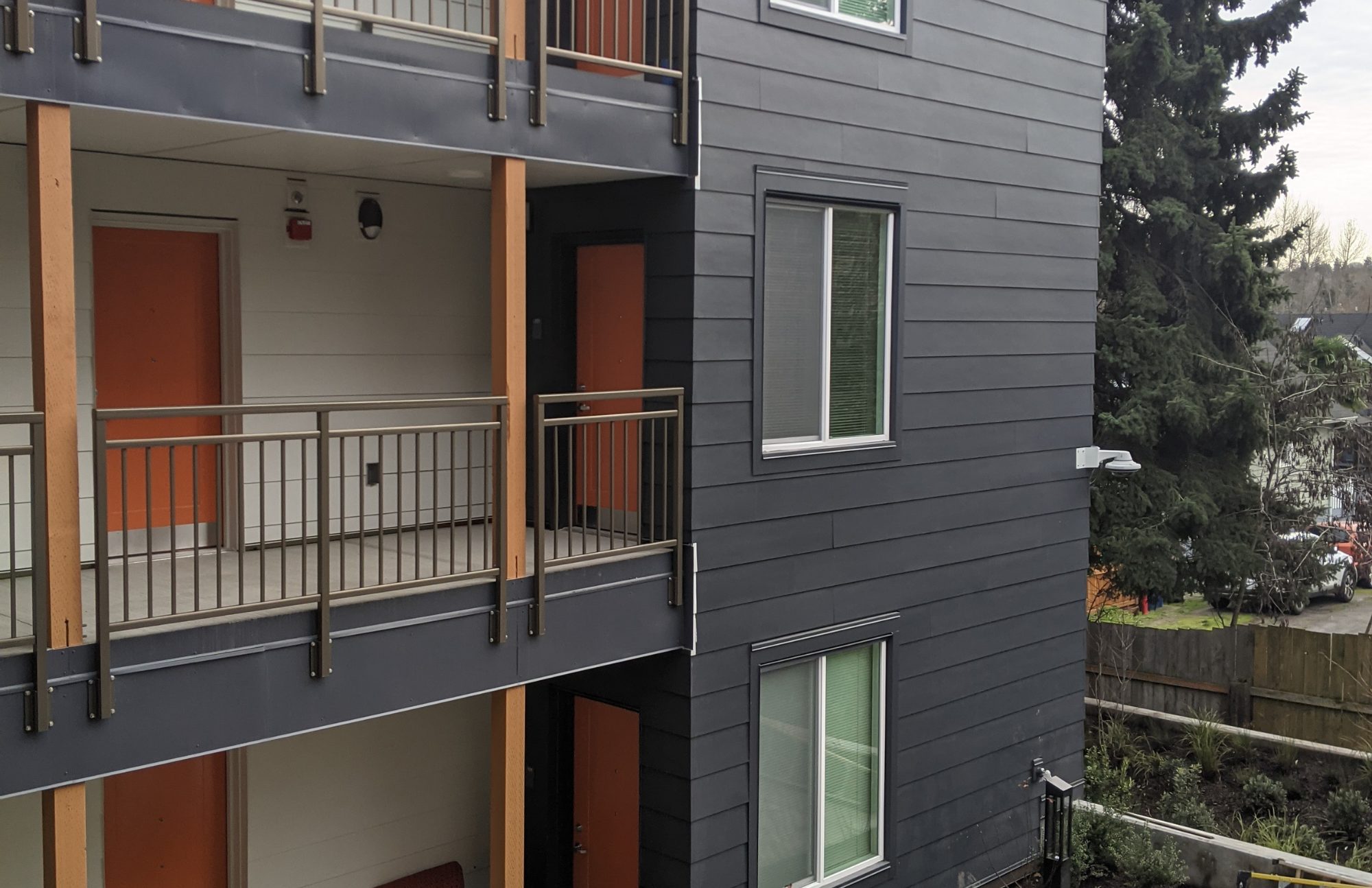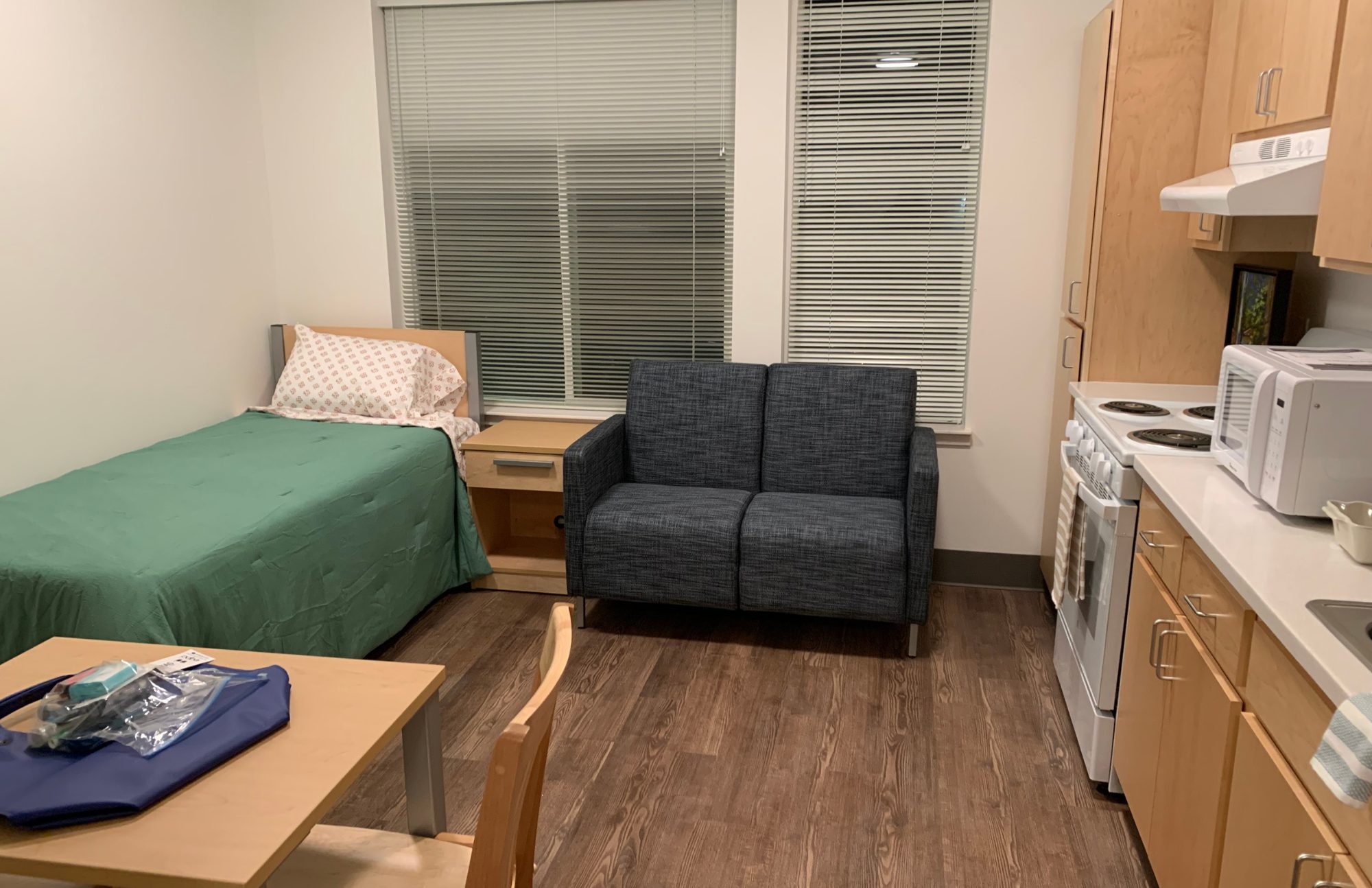We offer a continuum of services that are integrated and comprehensive.
Each of our programs use pioneering concepts that promote recovery and a better life for those living with mental illness.

Residential Treatment
Transitional Resources maintains a 15-bed residential program, called Intensive Congregate Care (ICCP), or sometimes called TRY House. This program is a licensed assisted living facility for those with the most serious and persistent mental illnesses, who may otherwise be at high risk for hospitalization, homelessness, or incarceration.
In TRY House, clients have access to a treatment team, including case managers, a nurse, a psychiatrist/ARNP, and a peer counselor. They work with their team to establish a recovery-oriented treatment plan to manage their mental illness and eventually live more independently. Most residents move into our supported living program after about 18-24 months in residential treatment.

Supportive Housing
The Supportive Housing program provides safe, permanent and affordable housing for clients in houses and apartments in the surrounding community. We make it a high priority to keep clients within a close commute to TR, so clients can easily access their treatment team and community of support.
Clients support each other in an independent living environment with regular contact and assistance from Transitional Resources’ staff, including a Housing Manager and two Peer Support Counselors. Clients receive as much support as needed to live independently.

Intensive Case Management
TR’s Expanding Community Services Program offers intensive, highly structured case management services in the homes of individuals who have been recently released from long-term stays in the state hospital. These individuals have treatment needs that pose substantial barriers to placement in more traditional programs.
A treatment team comprised of case managers, a nurse, a psychiatrist/ARNP, and a peer counselor who work with each client and their support system to help realize the client’s goals.

Case Management
Our Puget Sound Networks program provides outpatient case management services to people living in the community. Our case managers help clients achieve personal goals using a strengths-oriented approach. Most of these outpatient clients have graduated from our residential program. Maintaining a close connection to TR’s supportive community and even retaining some of their treatment team helps these clients transition successfully to greater independence.
Case managers ensure that clients in the program receive comprehensive, well-coordinated care that is easy to access, recovery oriented, and flexible to meet individuals’ needs. This includes regular assessment for co-occurring disorders and health issues. Sessions focus on helping clients learn about their mental illness/chemical dependency, developing strategies for recovery, and learning basic skills for independent living, such as budgeting, shopping and cooking. When clients are ready or express interest in employment or school, case managers work to help support clients in reaching these goals.
In addition, many of our outpatient clients also participate in our Supportive Housing program to help them attain and maintain a place to live.
